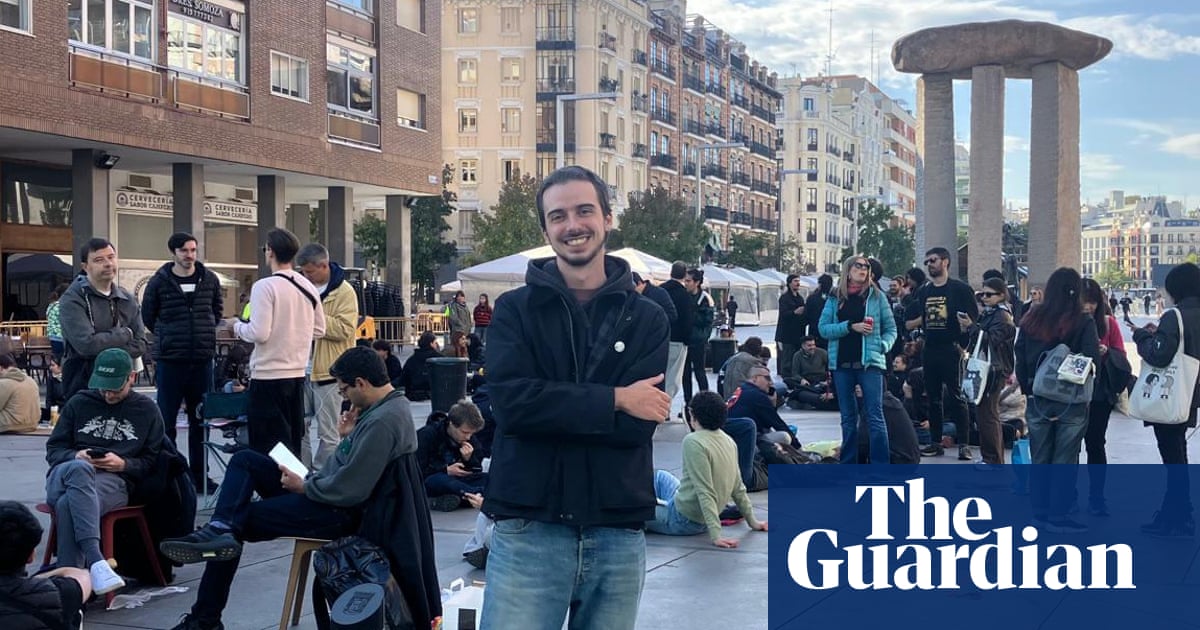Brendan Fraser is an actor performing characters who help people achieve a sense of emotional healing, affirmation or comfort. That could describe who he tends to be in “real” life (whatever that means in this context) but it’s also what he’s playing in Rental Family.
The feelgood dramedy – or at least that’s what it tries so hard to be – is about an actual service in Japan that supplies actors who perform as bit players in everyday people’s lives. They’re hired by clients to fake it in roles as a family member, a friend or even the cheering audience at a karaoke bar. The premise packs meta layers and gives Fraser the opportunity to inhabit multiple roles, while turning the lens back on the audience to consider what we’re looking for in the movie(s). Unfortunately, when it comes to Rental Family, it’s just not that deep.
The new film from co-writer and director Hikari (who helmed three episodes of the sharp and sinister Netflix series Beef) is enamoured (or even consumed) by the very artificiality it’s about, and too timid to scratch past the surface in a way that might threaten the easy laughs and mawkishness it’s ultimately after. And that’s too bad considering the cast on hand, not just Fraser – whose sad eyes give way to a well of emotions and thoughtfulness – but also the excellent and underutilised Mari Yamamoto (Monarch: Legacy of Monsters). She plays the more seasoned actor-for-rent colleague, who is regularly humiliated in gigs pretending to be mistresses making ritualised apologies to betrayed wives on behalf of their spineless husbands. As underwritten as her scenes may be, Yamamoto left me wishing the movie was about her.
Instead, it belongs to Fraser, an Oscar winner for Darren Aronofsky’s oppressive The Whale – which falls on the extreme opposite of the mood spectrum from Rental Family. His Phillip is a struggling American actor in Japan whose embarrassing claim to fame is a hilariously tacky toothpaste commercial where he plays a superhero conquering gingivitis. Why Phillip chooses to remain in Tokyo is largely left for Fraser to suggest in the way his character ambles through the city. He bounces from audition to audition, seemingly lost in his own emotions, between crowds that flow rapidly and with intention, which Hikari captures with lovely views of the city.
Phillip stumbles into the rental family game after his agent instructs him just to show up at a location for a gig that turns out to be a mock funeral, where the corpse, who turns out to be the client, gleefully rises from the dead – a hilarious introduction to this curious world. Phillip, reluctant at first with all the emotional deception at work, agrees to sign on full-time, coaxed by the firm’s owner (Takehiro Hira) who’s in need of a “token white guy” and insists that the fake affections they’re selling are ultimately uplifting and cathartic.
Hikari hurriedly, and cloyingly, makes the case for this trade’s sentimental value. Phillip becomes a best friend to a lonely man who just needs company to play video games, pretends to be a journalist showing his appreciation to an ageing actor slipping into dementia (Akira Emoto, wonderful) and plays a fake husband in an elaborate sham marriage to a young girl who is trying to free herself from a restrictive household. He celebrates the latter job well done by spending the night with a sex worker, a charming exchange where the film-makers can’t resist spelling out how transactional affections are not just common but time-honoured.
The job gets especially icky, and pretty preposterous, when Phillip is hired to fill in for the absent father to a biracial child named Mia (Shannon Gorman, precocious). It’s a temporary and irresponsible ploy to help the child secure admission into a coveted private school. To make the ruse convincing, the mother insists her vulnerable daughter not be let in on the ruse, basically setting Mia up to be abandoned again.
Hikari and company mostly skim over the tension in a movie seemingly built out of highlight reels and lacking connective tissue. They only briefly acknowledge the heavy complications their scenario entails because their film would much rather indulge in calculated and aggressively cute moments and trite monologues, all set against postcard-ready shots of Tokyo’s scenery and culture.
The whole movie basically affirms Phillip’s initial reservations. It’s not just his clients that are being emotionally manipulated. It’s us too.

 1 month ago
49
1 month ago
49

















































